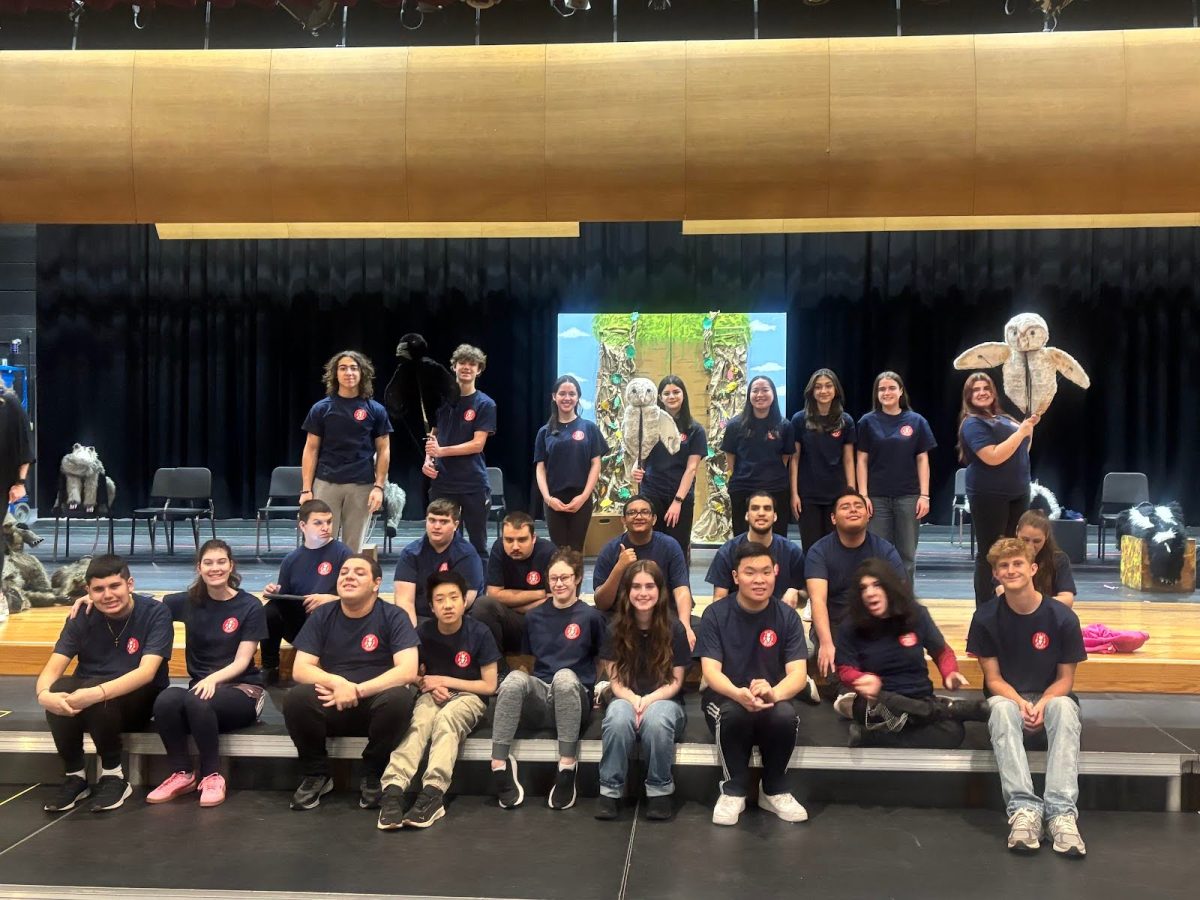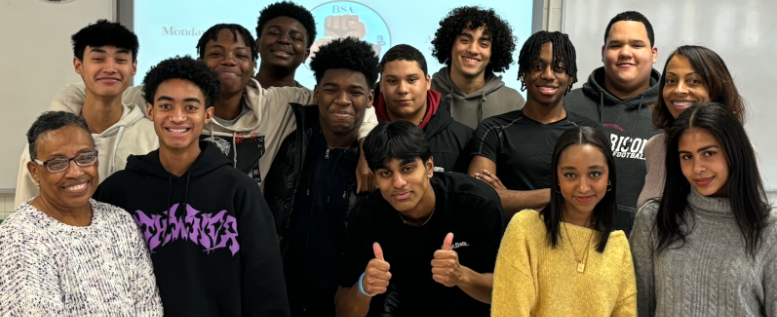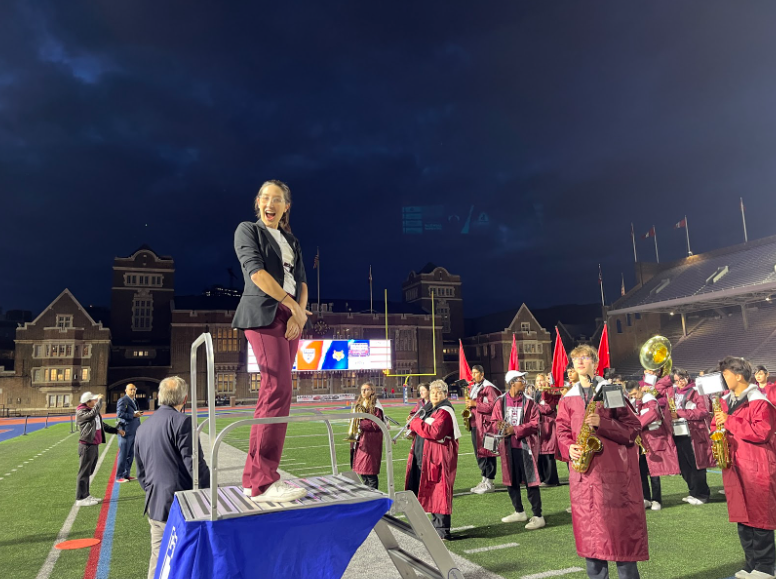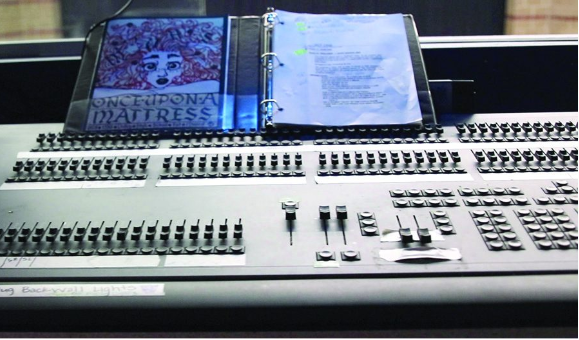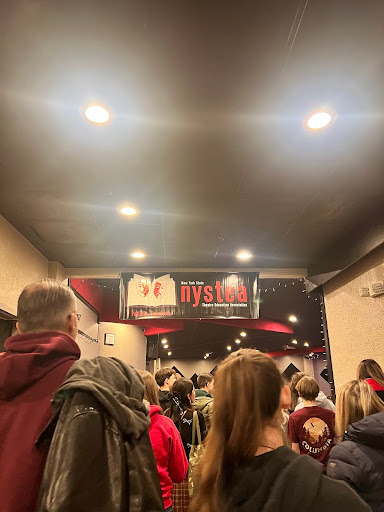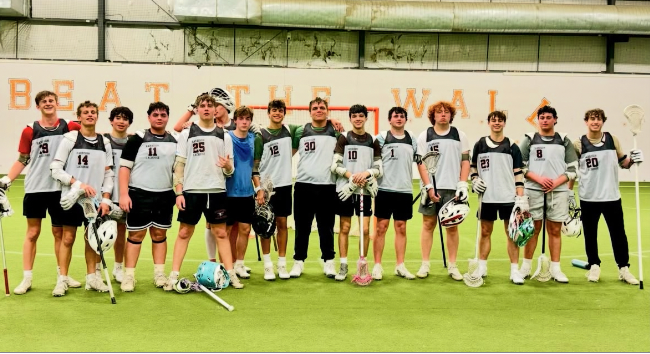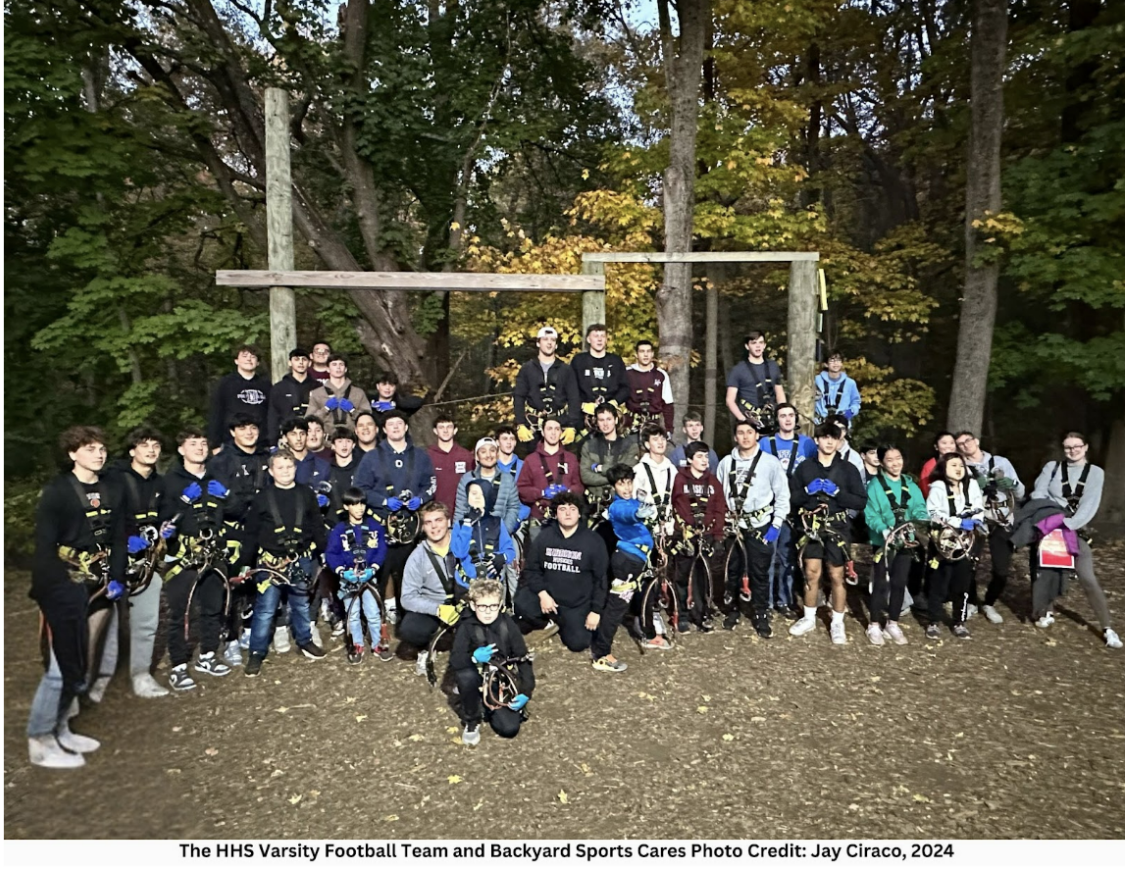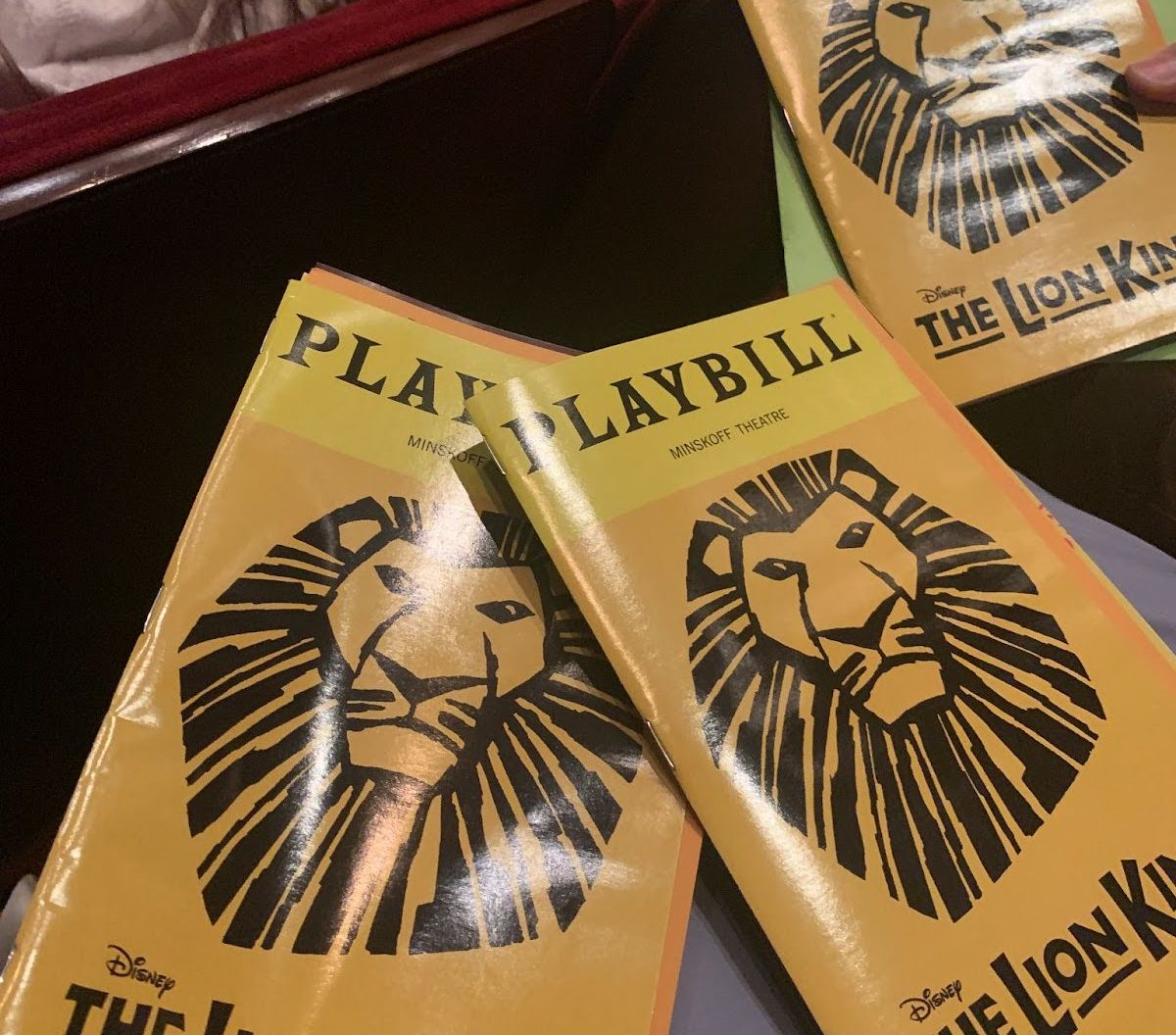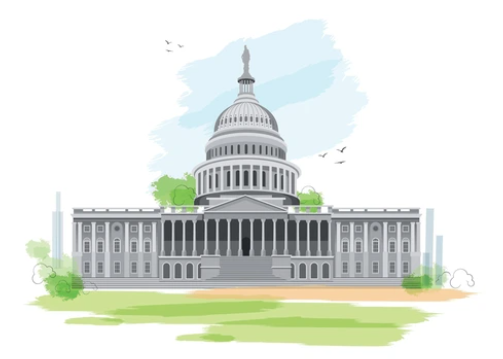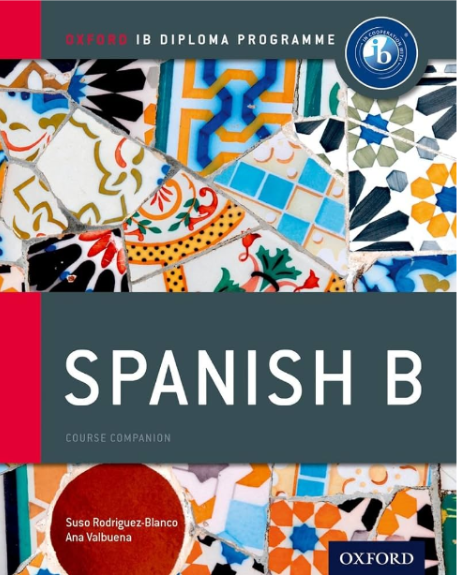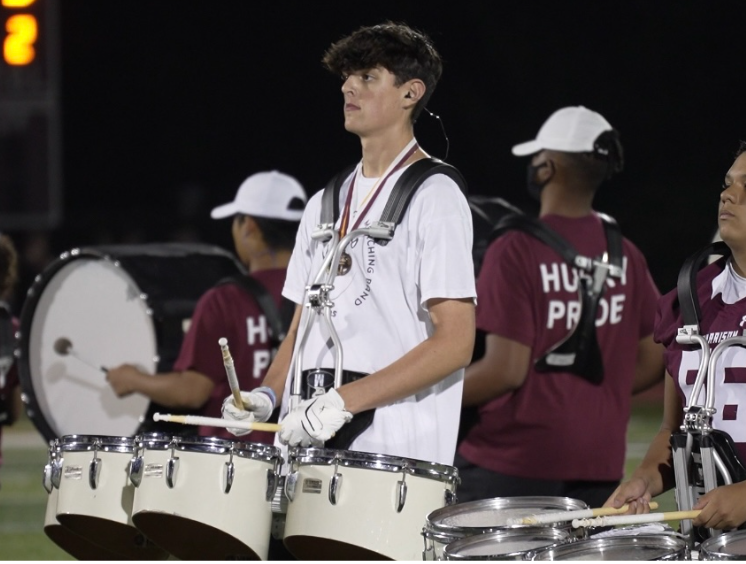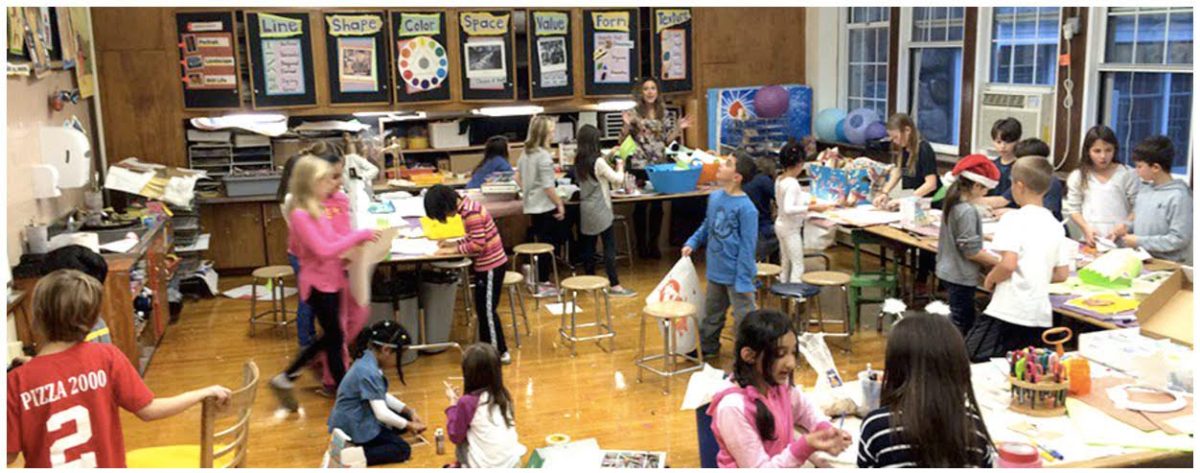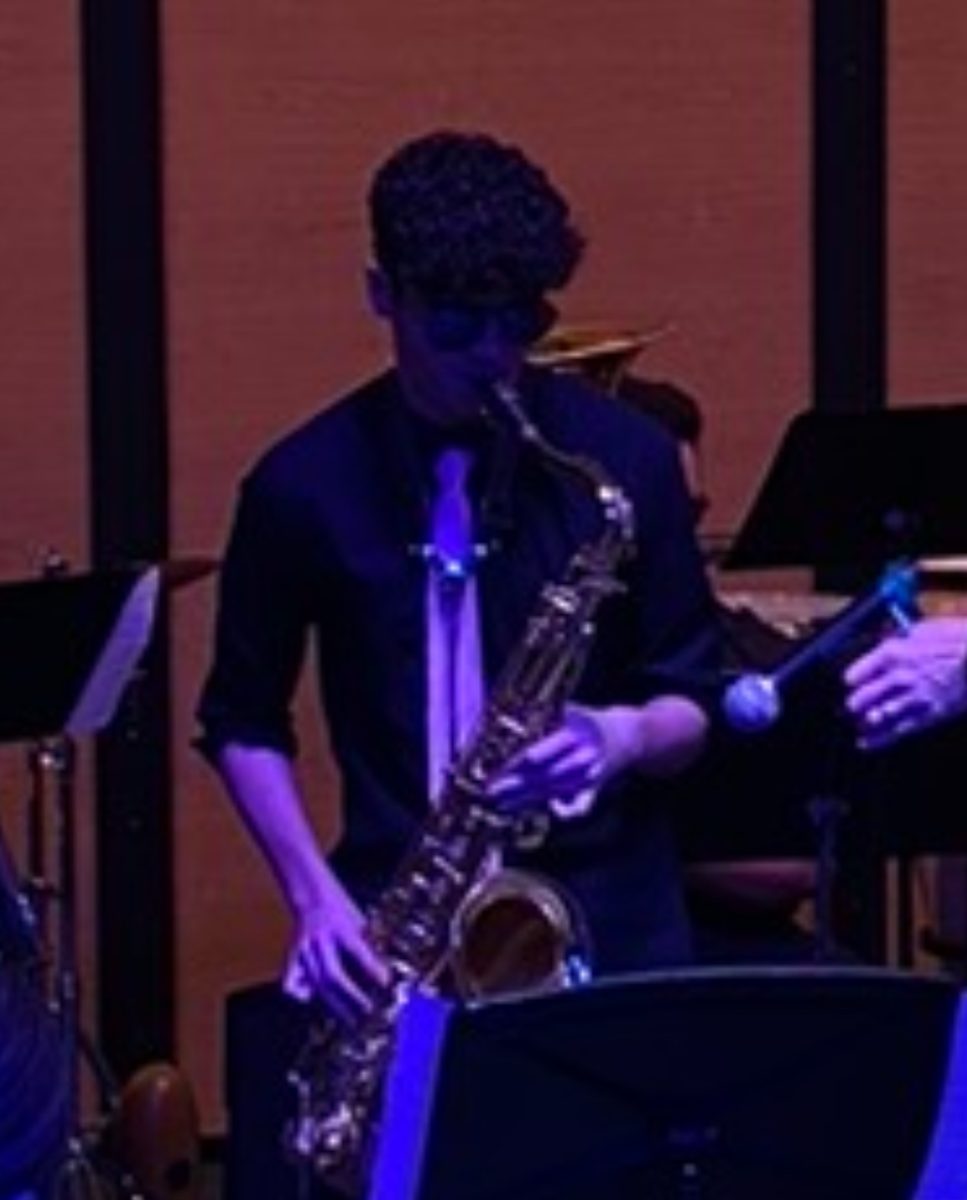
Acts of service are continuously abundant in our Harrison community, especially with the IB Program encouraging students to be involved in the world around them. The program prompts students to make a positive difference and become more mindful of current events/news. While volunteering, people learn to take responsibility as well as build worthwhile connections with others around them to work towards a common goal.
There are a multitude of benefits that can be deduced from being a volunteer, mainly this aligns with increasing social skills, taking on leadership roles, plus encouraging civic responsibility. More specifically, volunteers routinely meet to work amongst the same group of people, which allows relationships to develop and strengthen when completing similar tasks, or other activities that are interconnected. As volunteers continue to remain involved and build rapport with the people around them, the possibility of occupying a leadership position increases. Thus, pursuing these types of roles can allow for an individual’s influence to reach greater heights and enhance the operations of the volunteer program. Lastly, it is shown that since volunteers become more cognizant of the inner workings of their community, they are able to be more informed about how to enact beneficial changes to assist their friends or fellow civilians. Evidently, the advancement of these collective skills give volunteers a fresh perspective on how to manage relationships, projects, and can apply these same messages to the professional world.
From the University of Nevada, it was concluded that 59.3% of 13.3 million teenagers volunteer an average of 3.5 hours each week. These results exemplify how a majority of teens are actively involved in volunteering efforts, which is most likely propelled by high school initiatives that prompt students to partake in these opportunities.
“For CAS, we see students contributing to their local communities (in and outside of the high school) all the time!” Mrs. Roberts, a math teacher here at Harrison High School that oversees the CAS Program, stated. “Students have developed programs in our elementary and middle schools that help our younger learners in a variety of ways.”
With our CAS Program, the three strands of creativity, activity, and service work in tandem to offer a wide scope of project options. These strands give students the capability to include a multitude of their interests and passions.
More specifically, programs that were created for the middle and elementary schools by high schoolers promote the relationships that are able to span across age groups. As we grow, maintaining diverse relationships fosters the strength of the community to bring a variety of people together.
A multitude of students are a part of National Honor Society and involved in the IB Diploma Program, although certain guidelines outline that some volunteering activities for NHS are not applicable for the CAS project. For this reason, several students dedicate volunteering hours towards helping one organization advance their goals. Even if it seems restrictive, these guidelines propel students to open themselves up for many different volunteering opportunities.
Overall, community service contributes to a variety of positive aspects of a person’s identity and preparation for life in the future. With developments in relationships, capability to become a hard-worker, as well as becoming more in tune with others and their situations, the opportunity to volunteer is immensely worthwhile.

